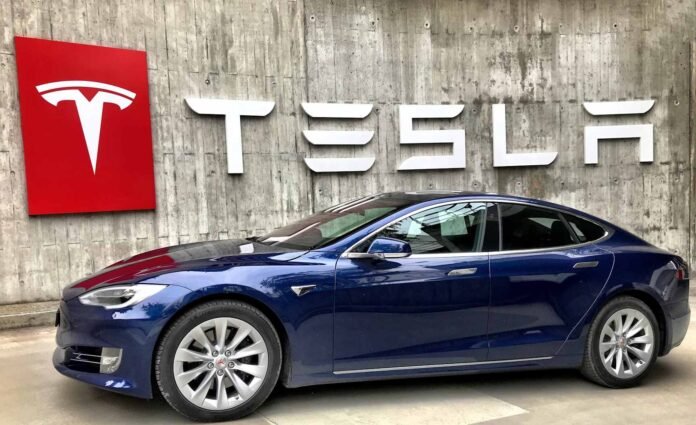- Tesla shuts down its in-house Dojo supercomputer project and disbands the team.
- Dojo’s chief, Peter Bannon, departs; ex-employees launch AI startup DensityAI.
- Focus shifts to external partners like Nvidia, AMD, and Samsung for chip needs.
- Tesla doubles down on its Cortex AI training cluster to drive future AI efforts.
Tesla has decided to shut down its ambitious Dojo supercomputer project, once hailed by CEO Elon Musk as central to achieving full self-driving, and will dissolve the team that built it, according to Bloomberg sources.
Dojo’s leader, Peter Bannon, is exiting the company, and remaining engineers will be reassigned to other computing and data center initiatives inside Tesla. The move ends a years-long push to develop custom chips for autonomous driving in-house.
Key Talent Exits Spark New Startup
The announcement follows a wave of departures earlier this year, when about 20 Tesla employees left to launch a new company, DensityAI. The startup, founded by former Dojo chief Ganesh Venkataramanan alongside Bill Chang and Ben Floering, is expected to emerge from stealth mode soon.
DensityAI is reportedly developing chips, hardware, and software designed to power AI data centers, with applications in robotics, AI assistants, and autonomous vehicles, a vision that aligns with some of Tesla’s original Dojo ambitions.
A Pivotal Time for Tesla’s AI Push
The decision to end Dojo comes as Musk pushes to reframe Tesla not just as an electric vehicle maker but as an AI and robotics powerhouse. That shift was on display in June, when Tesla launched a limited robotaxi pilot in Austin using Model Y vehicles.
However, the service, which included a human “safety” passenger in the front seat, faced reports of erratic driving behavior, underscoring the remaining technical hurdles for Musk’s self-driving vision.
From Dojo Dreams to Cortex Reality
First announced in 2019 and publicly unveiled during Tesla’s inaugural AI Day in 2021, Dojo represented a hybrid approach: a custom-built supercomputer and an in-house chip program. Tesla debuted its D1 chip, designed to work alongside Nvidia GPUs, and teased a next-generation D2 chip to address performance bottlenecks.
Musk once claimed Dojo could process “truly vast amounts of video data”, a crucial capability for training self-driving systems. In 2023, Morgan Stanley even predicted the platform could add as much as $500 billion to Tesla’s valuation by unlocking new robotaxi and AI software revenue streams.
But the project began losing public momentum around August 2024, when Musk shifted his focus to “Cortex,” a massive AI training cluster being built at Tesla’s Austin headquarters.
A Turn Toward External Partnerships
With Dojo shelved, Tesla is now set to deepen its reliance on outside technology providers. The automaker plans to expand its use of Nvidia and AMD chips and has signed a $16.5 billion manufacturing deal with Samsung for its AI6 inference chips.
These AI6 chips, according to Tesla, are designed for scalability, powering everything from the company’s Full Self-Driving system and Optimus humanoid robots to high-performance AI training systems in large data centers.
During the second-quarter earnings call, Musk hinted at merging Dojo’s roadmap with the AI6 platform, saying:
“Thinking about Dojo 3 and the AI6 inference chip, it seems like intuitively, we want to try to find convergence there, where it’s basically the same chip.”
Keeping Musk Focused on Tesla
The strategic pivot comes as Tesla’s board is offering Musk a $29 billion pay package to keep him focused on the company’s AI future rather than splitting attention between Tesla and his other ventures, particularly his AI startup, xAI.
While the end of Dojo closes a significant chapter in Tesla’s self-driving journey, the company is betting that leaning on external chipmakers and scaling Cortex will be a faster and more cost-effective way to push forward its AI ambitions.
Follow TechBSB For More Updates

